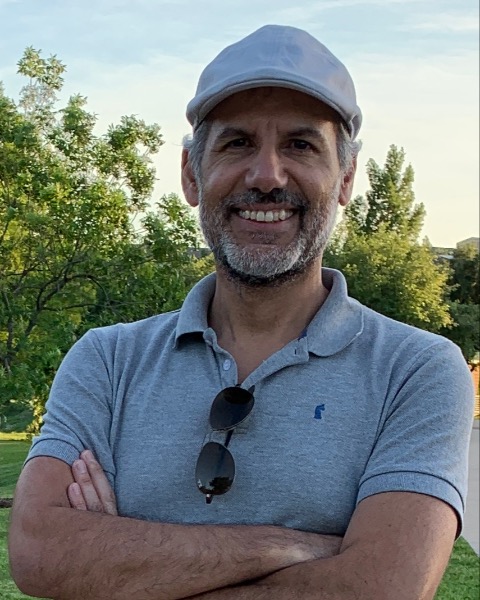Section Symposium
Formal and Informal Teaching
Plant-Insect Ecosystems
Careers in Extension Entomology: Strategies for Applied Research, Education, and Student Success
Performative DEI and the need for data-driven policy
Sunday, November 10, 2024
1:35 PM - 1:50 PM MST
Location: Phoenix Convention Center, 121 C, PCC

Raul F. Medina
Professor
Texas A&M University
College Station, Texas
Presenting Author(s)
Although scientist almost unanimously embrace diversity as a value, students and professionals from historically underrepresented populations in STEM fields are rarely trained to navigate the highly biased worlds in which most of them will end up working. At the same time, most diversity trainings at STEM workplaces lack depth and nuance, which result in an illusion of understanding in white male members and a window-dressing feeling in underrepresented members. This is in part explained because issues involving justice, equity, diversity, and inclusion (JEDI) are still nebulous or misunderstood. In this presentation, I will discuss how systemic biases operate in scientific settings and argue that our immediate goal should not be to eliminate biases but to identify them and to learn how to deal with them institutionally, fearlessly and effectively. I will talk about the challenges underrepresented students and professionals may face when joining STEM fields, how JEDI frames can help us design better workplaces and address how to use data-driven actions to change the welcoming framing we are currently using into a shared-ownership one.

.png)
